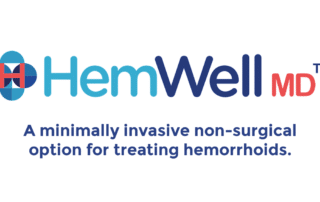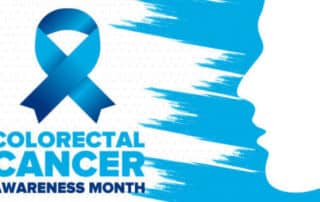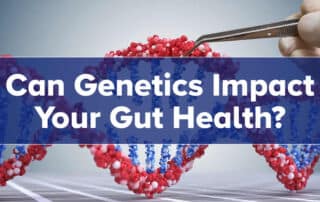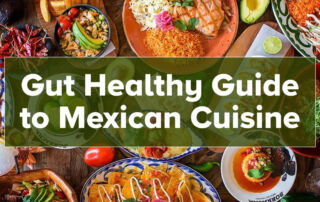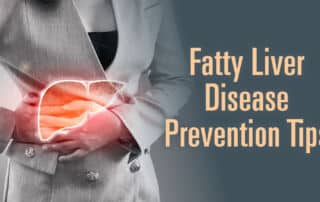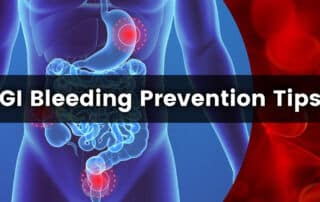About Russell Havranek
Russell Dean Havranek, MD is a board-certified gastroenterologist in San Antonio TX that has been in private practice since 2005 as a member of the Gastroenterology Clinic of San Antonio medical group, which specializes in the comprehensive treatment of all digestive symptoms and conditions. Dr. Havranek received his medical degree from the University of Nebraska Medical Center in 1998 and completed his Fellowship in Gastroenterology & Hepatology at the University of Texas Health Science Center in 2005. He has a special focus on promoting colon cancer awareness and prevention with colonoscopy. Also, his practice has a special focus on IBD and IBS digestive conditions and their symptoms. His gastroenterology clinic is located at 8550 Datapoint Drive, Suite 200, San Antonio, TX 78229.

